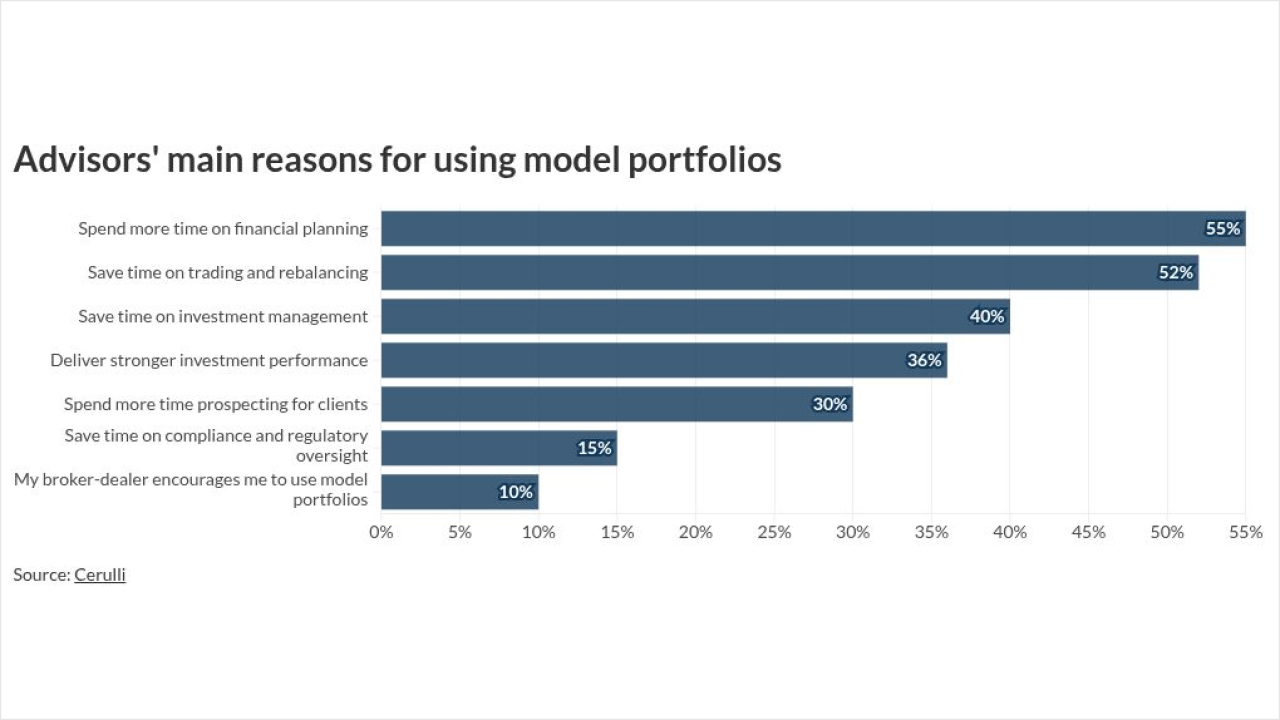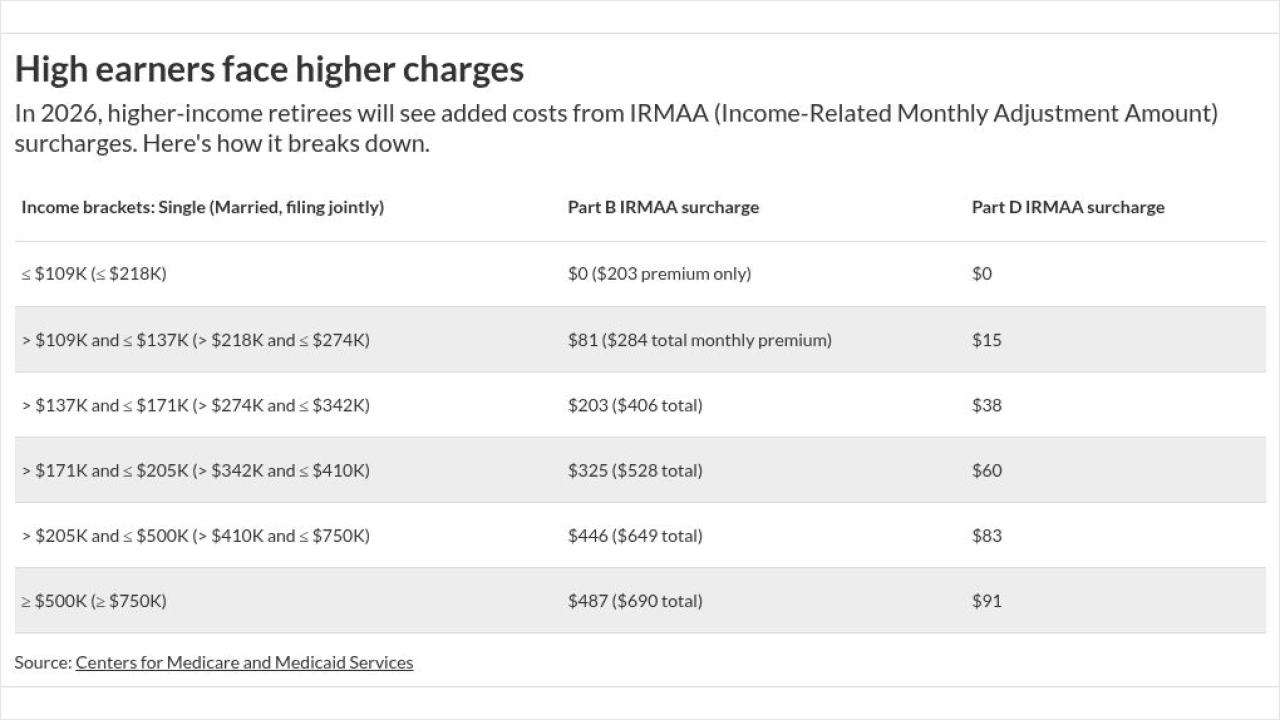RIAs could find themselves having to send dozens of additional reports a year under
The U.S. Treasury Department's Financial Crimes Enforcement Network, or FinCEN, released a
The requirements come amid growing concerns that the U.S. financial system is being used by groups and individuals looking to perpetuate illicit acts like undermining domestic cybersecurity or financing Russia's war with Ukraine.
Together, the rules are meant to repair a perceived defect in U.S. defenses against illegal movements of money by criminals, terrorists and other persona non grata.
READ MORE:
"Investment advisors are important gatekeepers to the American economy, overseeing the investment of tens of trillions of dollars," FinCEN Director Andrea Gacki said when the rule approved Wednesday
Heaviest on small firms
Although the proposal excludes advisories registered exclusively at the state level, industry groups have warned it will fall disproportionately on small firms. FinCEN, many note, has estimated the new requirements will have firms filing 60 suspicious activity reports on an average per year.
The Investment Adviser Association, which represents more than 600 RIAs and related entities, has argued the rules will only increase the regulatory burden on small outfits' often already overextended compliance officers.
FinCEN ultimately did make some revisions to its original proposal in response to such comments. But setting an employee threshold wasn't one of them.
That means concerns about the requirements being overly burdensome persist, said William Nelson, IAA associate general counsel.
"We do believe that the rule is too prescriptive, especially when it comes to smaller advisors," he said. "A lot of the comments we made really revolved around trying to ease some of those burdens while still keeping those protective obligations in place, but really trying to make it more flexible for smaller advisors."
A similar note was
"Having to comply with rules as proposed would present an excessive burden on our business," he wrote. "We are simply not large enough to shoulder this additional burden."
Who's included, who's excluded
The Securities and Exchange Commission generally requires RIAs with $110 million or more under management to register at the federal level. Included with those firms in FinCEN's new rule are so-called exempt reporting advisors, which work with private funds and venture capital funds and have less than $150 million under management.
FinCEN's original proposal, meanwhile, contained an exclusion for state-registered RIAs that was also adopted as part of the final rule. To that initial carveout were added a few others.
The new rule, for instance, excludes midsize advisors, or firms that manage between $25 million and $100 million and are registered with the SEC. It also exempts multistate advisors — federally registered outfits with listings in 15 or more states — advisors to pension funds and firms with zero reported AUM.
The number of firms meeting those exemption criteria probably runs into the hundreds, Nelson said. Meanwhile, there are more than 15,000 RIAs and more than 5,000 exempt reporting advisors registered at the federal level.
Larger firms can most likely turn to their internal compliance teams for the audits now required to show they have effective anti-money laundering policies, Nelson said. But smaller practices will probably find themselves turning to outside experts.
"The problem is, say you're a five-person shop and you have one compliance officer," Nelson said. "This person who implements the program cannot also test the program."
AML redux
Others have criticized the new rules for being unnecessarily duplicative.
"Instead, the proposal extends to more than 20,000 adviser firms, the vast majority of which manage assets for individual investors who maintain accounts with a bank or broker-dealer, and are thus covered by AML programs and for which the risk of being exploited by Russian oligarchs or criminal enterprises in China is quite low," according to the letter, written by
Jan. 1, 2026, start date
Although industry firms and groups may not have gotten everything they wanted, the good news for advisors small and large is that they have plenty of time to prepare.
The original proposal would have had the new anti-money-laundering rules take effect within 12 months. The revisions decree that that won't happen now until Jan. 1, 2026.
Richard Chen, a legal advocate for advisors and the founder of
"Fortunately more services will get built up around this over time," Chen said. "The more there is of an obligation, the more this may become something people want to outsource."






